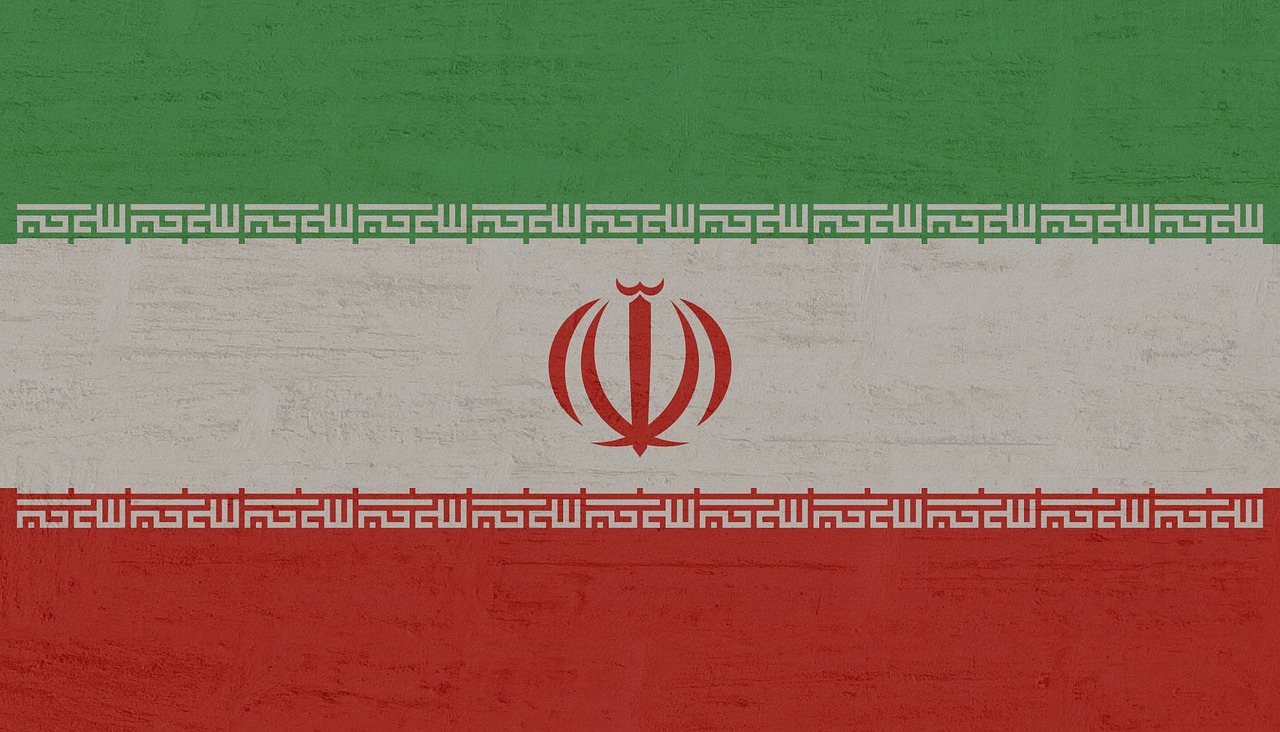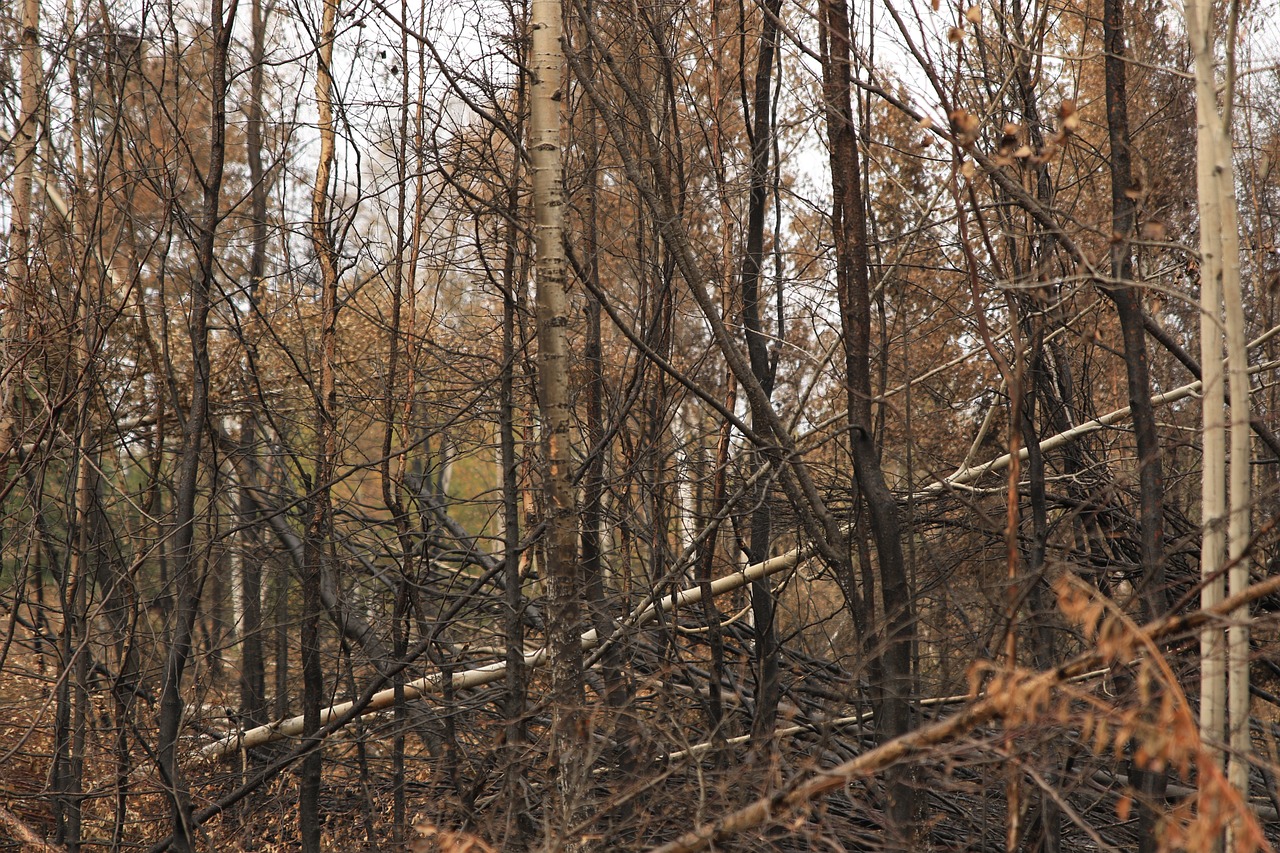
Overview of Iran’s War Economy
Iran’s economy faces significant challenges, exacerbated by international airstrikes and ongoing sanctions. The country is experiencing a severe economic downturn, characterized by high unemployment, rampant inflation, and widespread poverty. As of July 2025, the unemployment rate among working-age individuals stands at an alarming 60%.
Inflation rates have surged by 35% within the past year, with approximately 18% of the population living below the World Bank’s poverty threshold. These statistics underscore the precarious state of Iran’s economy, which is struggling to sustain itself despite its rich natural resource exports.
Impact of Sanctions and Airstrikes
The combination of international sanctions and military interventions has further destabilized Iran’s economy. In response to Iran’s nuclear ambitions, Israeli airstrikes have targeted critical economic infrastructure, including gas and oil fields. Notably, at least two gas fields and several oil facilities have been bombed, alongside a car manufacturing plant. The destruction of these assets not only disrupts production but also exacerbates the energy crisis. Despite exporting gas and oil, Iranian officials have resorted to burning mazut, a low-grade refining byproduct, to generate electricity, highlighting the dire energy shortages the country faces.

Market Capitalization Table
| Sector | Estimated Market Capitalization (USD Billions) |
|---|---|
| Oil and Gas | 150 |
| Manufacturing | 50 |
| Agriculture | 30 |
| Services | 20 |
| Technology | 10 |

Humanitarian Consequences of Economic Decline
The economic decline has severe humanitarian implications. With six in ten working-age individuals unemployed, the potential for social unrest increases. The high inflation rate further erodes purchasing power, making basic necessities unaffordable for many. As a result, the Iranian government faces immense pressure to address the economic crisis while simultaneously dealing with the repercussions of international sanctions and military actions. The situation emphasizes the need for strategic economic reforms and international dialogue to alleviate the humanitarian crisis and stabilize the economy.

Conclusion on Iran’s Economic Future
In conclusion, Iran’s war economy illustrates the complex interplay between military action, international sanctions, and economic performance. As the country grapples with high unemployment, inflation, and poverty, the prospects for recovery appear bleak without significant changes in both domestic policy and international relations. The Iranian government must navigate these challenges carefully to avoid further deterioration of its economic landscape and to secure a more stable future for its citizens.
